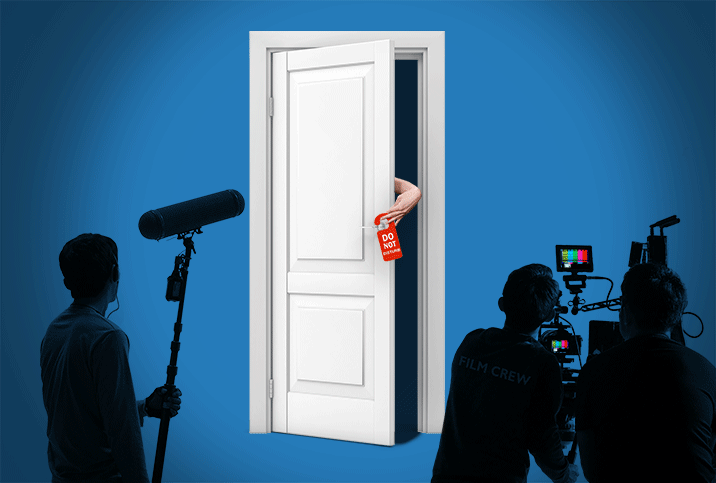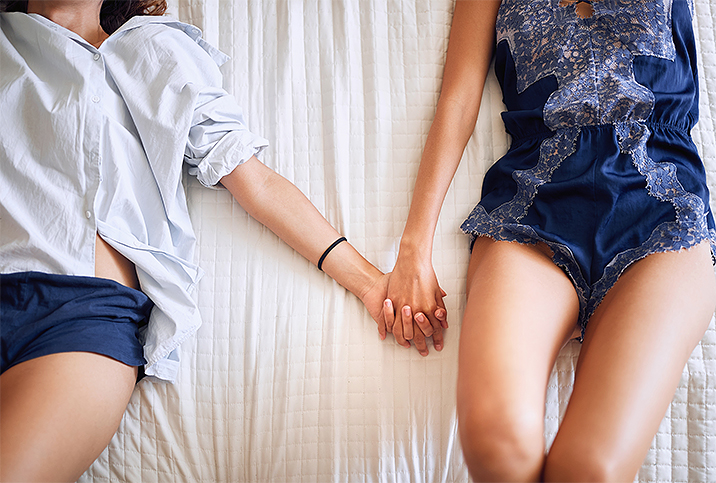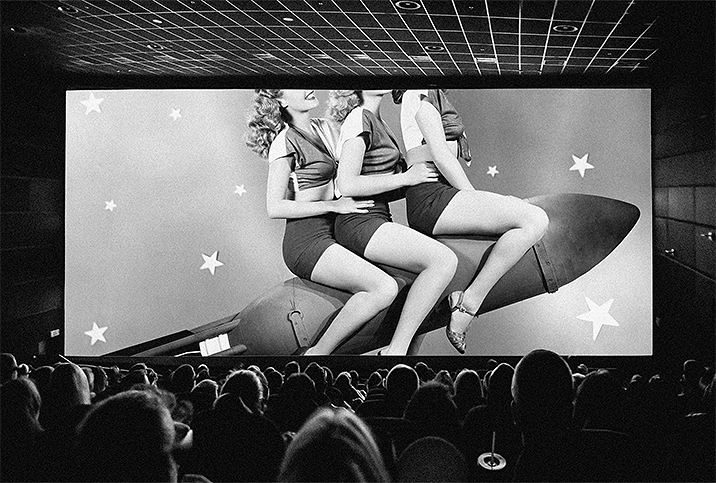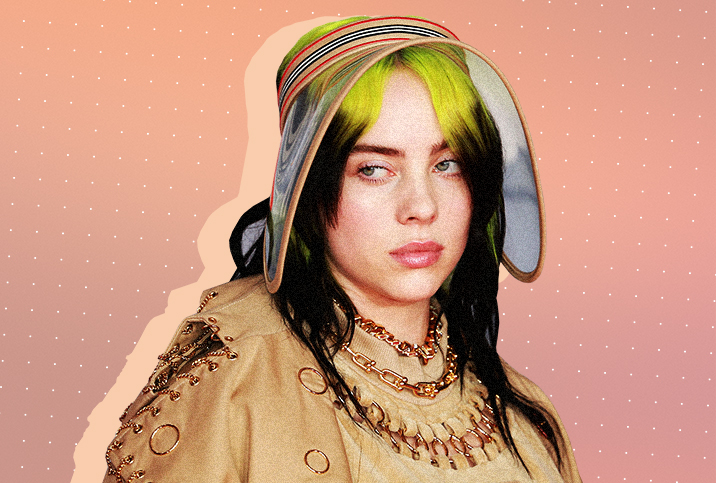Netflix's Most Dystopian Dating Shows, Ranked
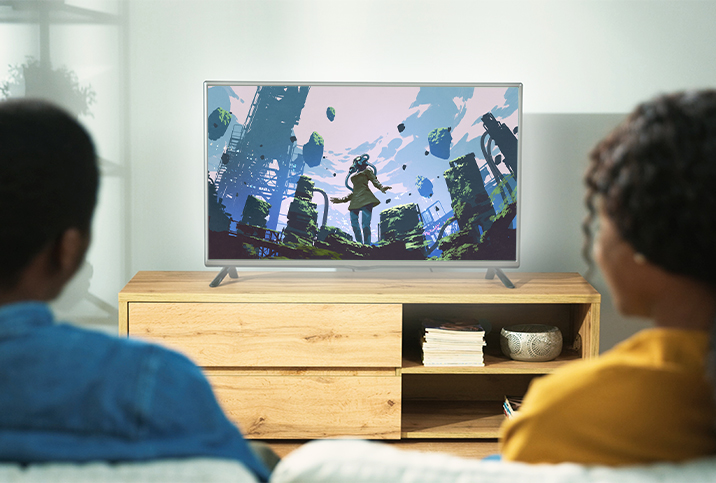
Nearly all reality TV dating shows should make you vaguely wonder if the collapse of civilization is imminent. But that's sort of the appeal, isn't it? Producers have long leaned into this modus operandi by casting some of the worst character types our culture produces. Reality television is dystopian in a way that's fun and almost comforting, reassuring that it's the stupidity and selfishness of others that is responsible for flushing society down the toilet—more "Idiocracy," less "Children of Men."
However, sometimes reality TV is apocalyptic in an accidental way. Such is the case for a new(ish) group of dating shows on Netflix which have taken it upon themselves to solve today's shallow romantic landscape.
They've arrived to fix everything the kids are getting wrong about love, what with their hookup culture, dating apps, their TikToks and so on. Whether modern love really is a problem that needs solving is irrelevant, because the version of romance these shows peddle is far worse.
Here they are, ranked by which of their imagined hellscapes would be most nightmarish for lovers.
3. 'Are You the One?'
The MTV reality show "Are You the One?" premiered in 2014, the same year OkCupid co-founder Christian Rudder released his book, "Dataclysm: Who We Are (When We Think No One's Looking)."
Rudder's book is a collection of insights based on data from his dating app, social media and Google. He argues the data shed by internet users offer a wellspring of sociological insights that can help humans better understand—as the title suggests—"who we are."
In 2022, that thesis seems less promising and more sinister but does provide a window into the big-data optimism going around when "Are You the One?" first aired: the belief that given enough data points, algorithms could come to understand us better than we understand ourselves.
It's fitting then that the show is basically "The OkCupid Reality Show." Like the dating site, contestants' compatibility is assigned an exact percentage. Before arriving, the contestants are paired up with their "perfect match" via a matchmaking algorithm that has been fed information supplied by their friends, family members and exes.
Each participant has to find their other half, and everybody has to guess which couples the computer has paired up. Wrong guesses and mismatched pairings result in money getting deducted from the prize pool.
Contestants manipulate, lie and try to physically assault each other, yet it's rarely implied they might need a human therapist rather than a robot matchmaker.
The cast members are people who, by their own account, "suck at dating," which usually means they keep getting into flings and/or toxic relationships. The algorithm is presented as the answer to their dating woes—per the name, it's time for these sexy singles to stop messing around and let a computer find them the one.
The notion that there might be more to a happy relationship than just pairing the right data points doesn't really come up. Contestants manipulate, lie and try to physically assault each other, yet it's rarely implied they might need a human therapist rather than a robot matchmaker.
Maybe that's a moot point since the algorithm doesn't really work anyway. As of this writing, only one 'perfect match' has stayed together, while several other unmatched couples from the show have since happily paired up. The AYTO algorithm, at least for now, does worse at its job than the humans who admit they suck at it.
In the end, "Are You the One?" is the least dystopian of the bunch—most of the time, it's just a house reality dating show with some zesty sci-fi dressing. Still, there's something deeply unsettling about a show that places unquestioning faith in a faulty algorithm and punishes those who stray from its wisdom.
2. 'Love Is Blind'
"Love Is Blind" doesn't want you to call it a reality show; rather it's an experiment, looking to discover whether there's truth to the old adage from which it derives its name.
Here's the premise: Contestants all but live in "dating pods," a sort of cross between a therapist's office and a church confessional. From their pod, they can speak with—but not see—potential partners. If two people make a connection, they must get engaged (again, before they ever lay eyes on each other) to be married in 40 days.
Despite its obvious trashy appeal—inspirational pop songs, slo-mo smiles and sparkling lights abound like the graduation episode of a high school drama—LIB takes itself very seriously. Every person on the show gushes about how excited they are to escape the shallow world of appearance-based dating.
Whether intended or not, that self-serious tone makes the show feel oddly sanctimonious. Everyone involved pretends they are doing important work for both science and romance, rather than tossing new relationships in the matrimonial pressure cooker to see if they blow up.
Maybe "Love Is Blind" can't be blamed for its eerie resemblance to the real-world experience of the COVID-19 lockdown, which began for Americans less than a month after the show dropped on Netflix. After extended isolation in our own pods, it's clear a little face-to-face connection isn't as shallow as LIB assumes.
The show can be blamed, however, for creating what feels like a regressive fairytale world ruled by tyrants who are conservative about physical attraction yet equally cavalier about marriage. In the "Love Is Blind" society, non-physical love is sacred and pure, but a broken engagement or two is a necessary sacrifice to prove the premise of "Shrek" true.
1. 'Too Hot to Handle'
In stark contrast to LIB, "Too Hot to Handle" is reality TV that revels in its own trashiness. THtH takes a bunch of horny, hot singles and drops them in a tropical paradise together for four weeks. The catch is that all sexual contact is forbidden.
Like "Are You the One?" THtH vaguely pretends to be a critique of hookup culture. We're told all the contestants were chosen because they engaged in "meaningless flings." By keeping them from jumping into bed together right away, the show hopes to teach the cast to make more meaningful connections.
It's quickly clear from the snarky voiceover, however, that the real point of THtH is to laugh at the sexually frustrated saps as they try—and often fail—to keep it in their pants. Any hooking up results in deductions from the main prize pot, so it's fun to watch the contestants do the mental math to decide if a quick dry hump is worth a few thousand dollars.
For all its self-awareness, the show never questions its most dystopian element: namely, that "Too Hot to Handle" is ruled by sex-negative AI called Lana. Lana is a cone-shaped virtual assistant in the vein of Amazon's Alexa and she is always watching—on the beaches, in the showers and in the bedrooms—for any rule-breaking canoodling.
For all its self-awareness, the show never questions its most dystopian element: namely, that 'Too Hot to Handle' is ruled by sex-negative AI called Lana.
In an interview with Glamour, producer Viki Kolar acknowledged that Lana was inspired by the unblinking eyes of real-world smart devices.
"[Artificial intelligence] is literally everywhere around us. It's kind of governing us, it's taking over," Kolar said.
The show, maybe unintentionally, frames this constant surveillance as more good than bad. Lana is a benevolent figure, trying to help these sex-crazed adults be better people by watching them 24 hours a day and punishing them when they're naughty.
"Too Hot to Handle" takes the gold as the most dystopian reality TV dating show because its brave new world is already halfway here. Without apparently meaning to, the show takes a real problem—that we're under constant surveillance by our smart devices—and adds a "Black Mirror"-esque layer where those machines lock down our genitals "for our own good."












